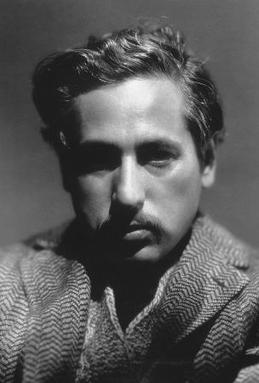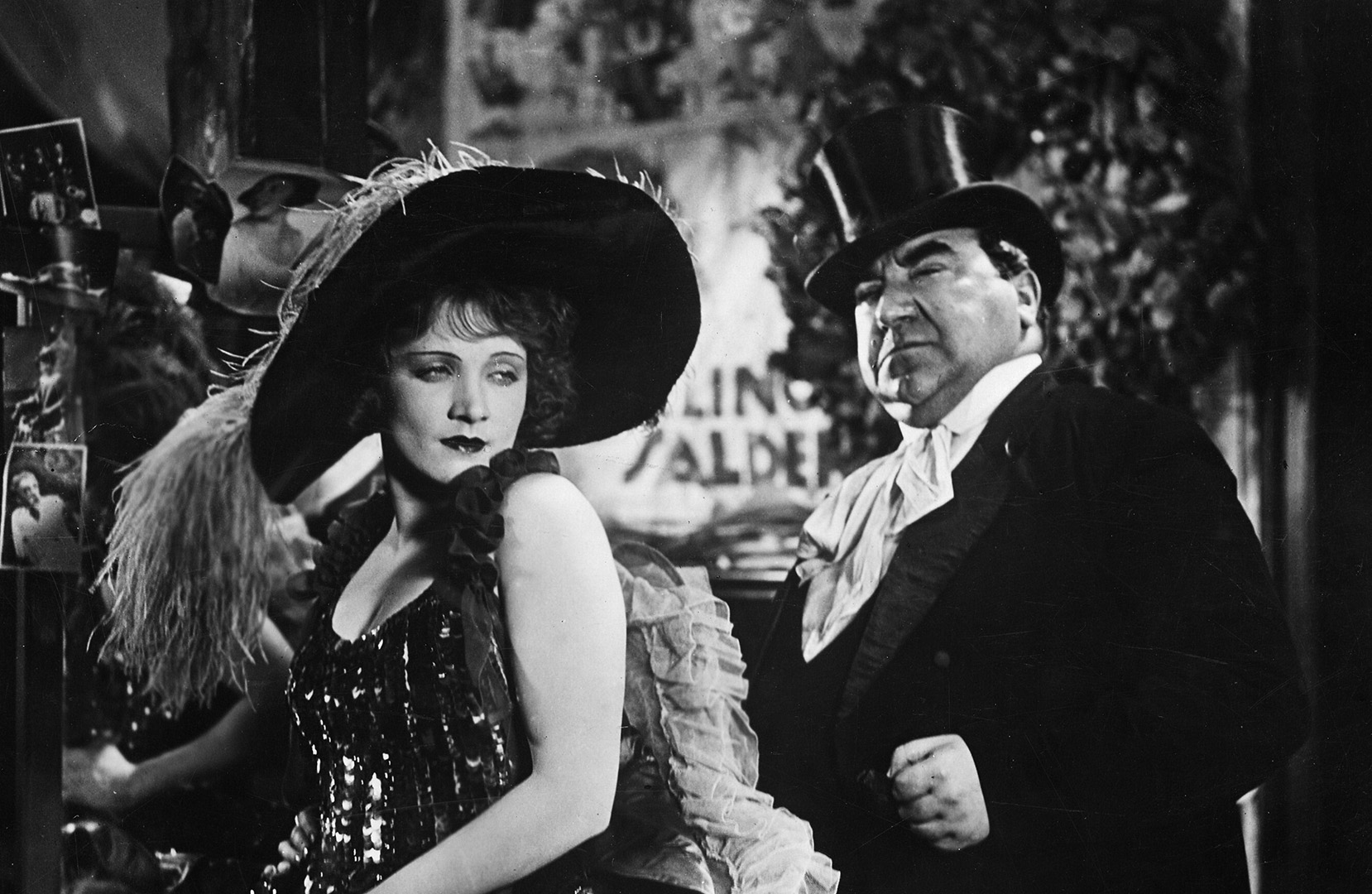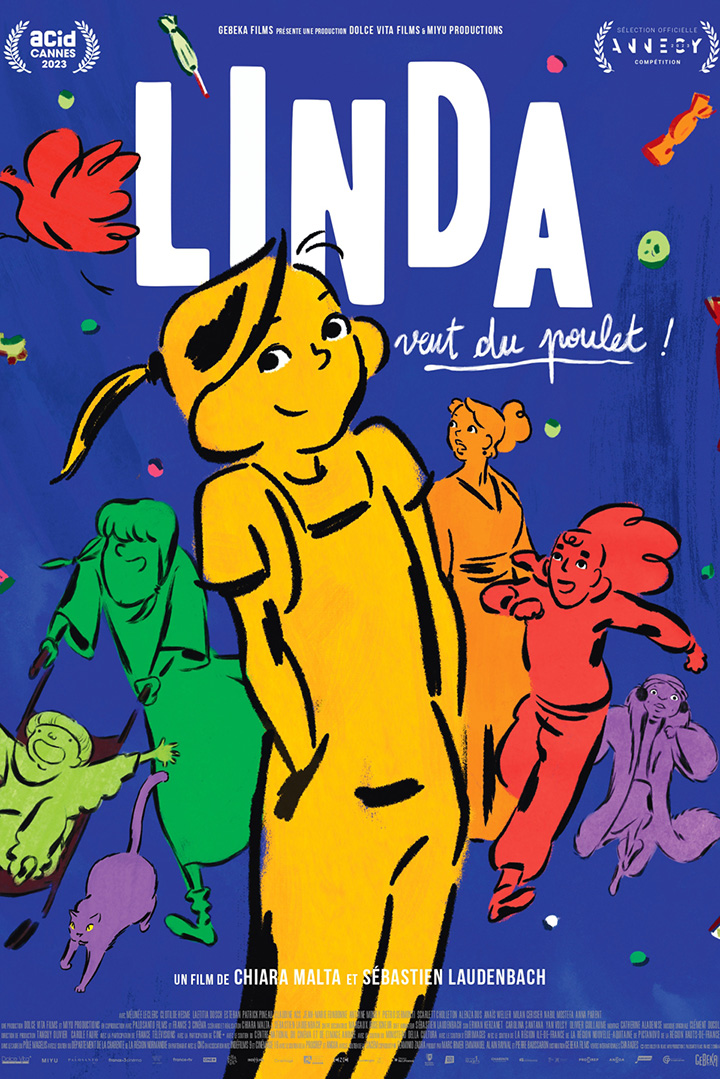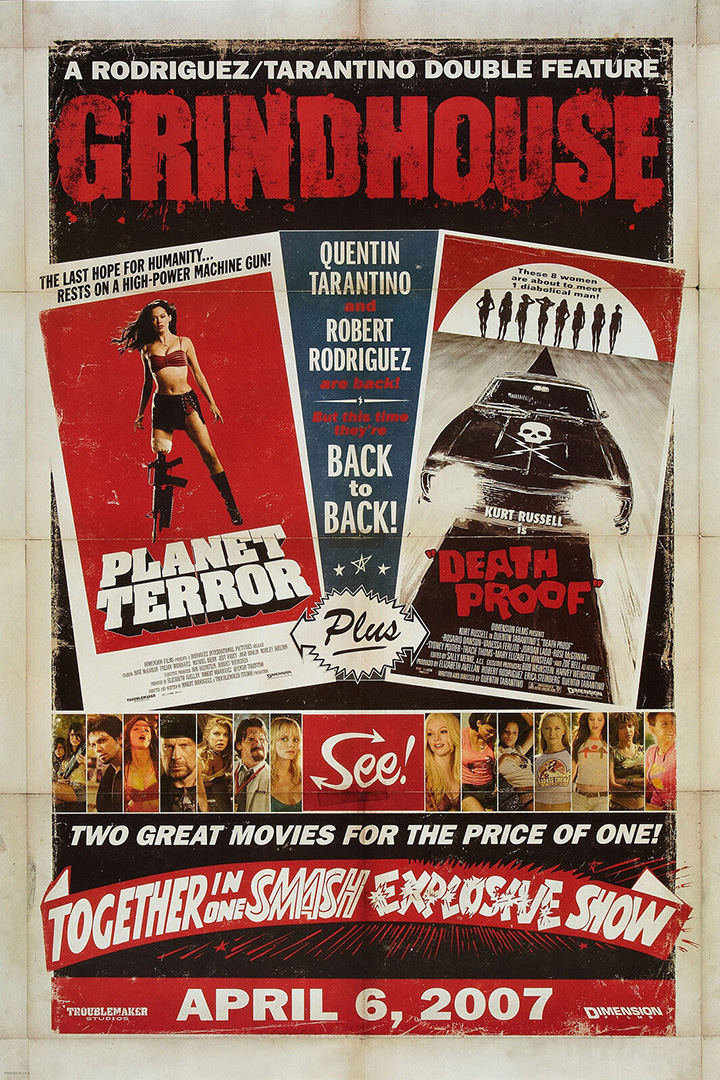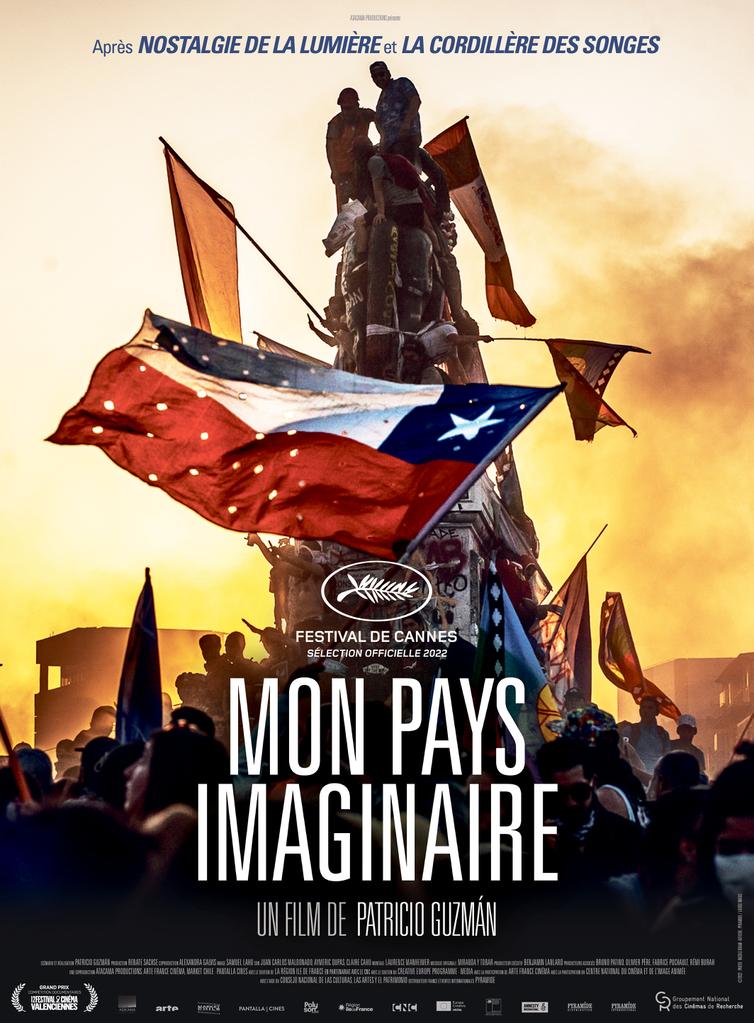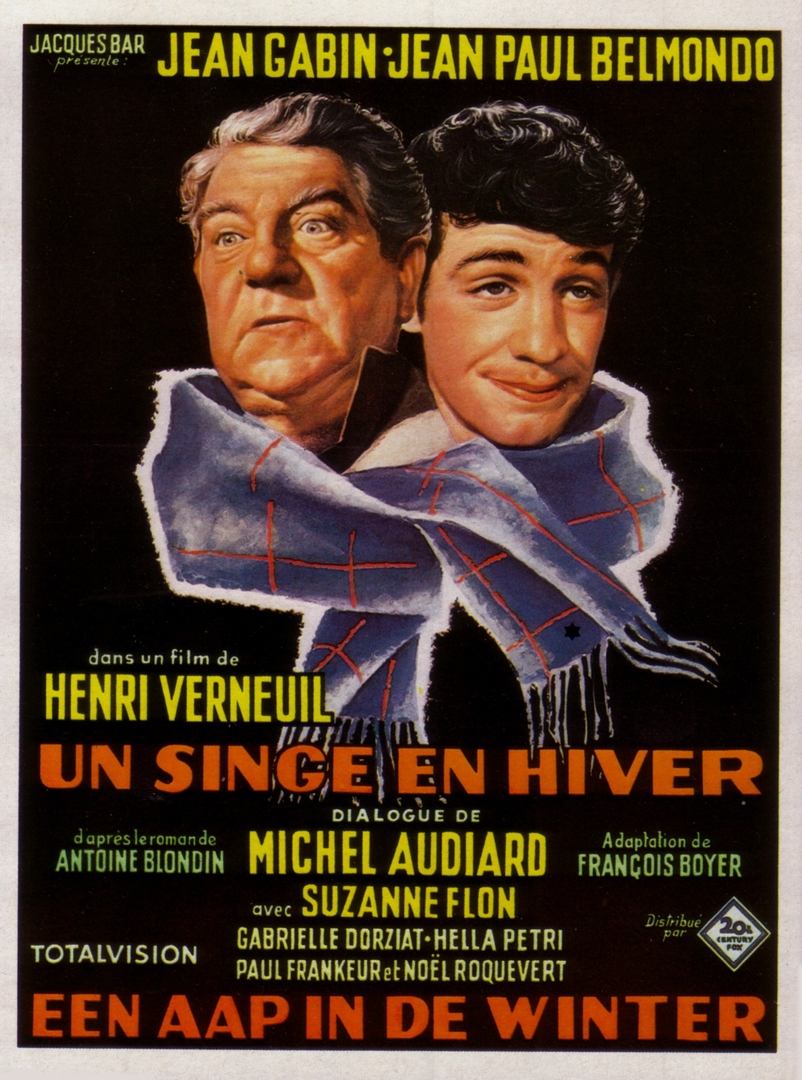The Blue Angel
Making lists is an activity moviegoers are fond of. Every year, the same ritual: compilation of the ten best films, with comparative analyses, debates, heated discussions. But what about the ultimate list of the most outstanding films in the history of cinema? That is to say, those films that must be seen, those that have forever transformed the art of cinema, but also our way of seeing a culture, of understanding the world as well as our own lives? This program aims to tackle this challenge with nearly eighty films, produced between 1916 and 1960, while waiting for your lists!
A worthy professor falls for a singer and marries her, but she makes him his whipping boy, to the point of driving him crazy. One of the first great films of the talking pictures, which, moreover, consecrates the myth of Marlene Dietrich.
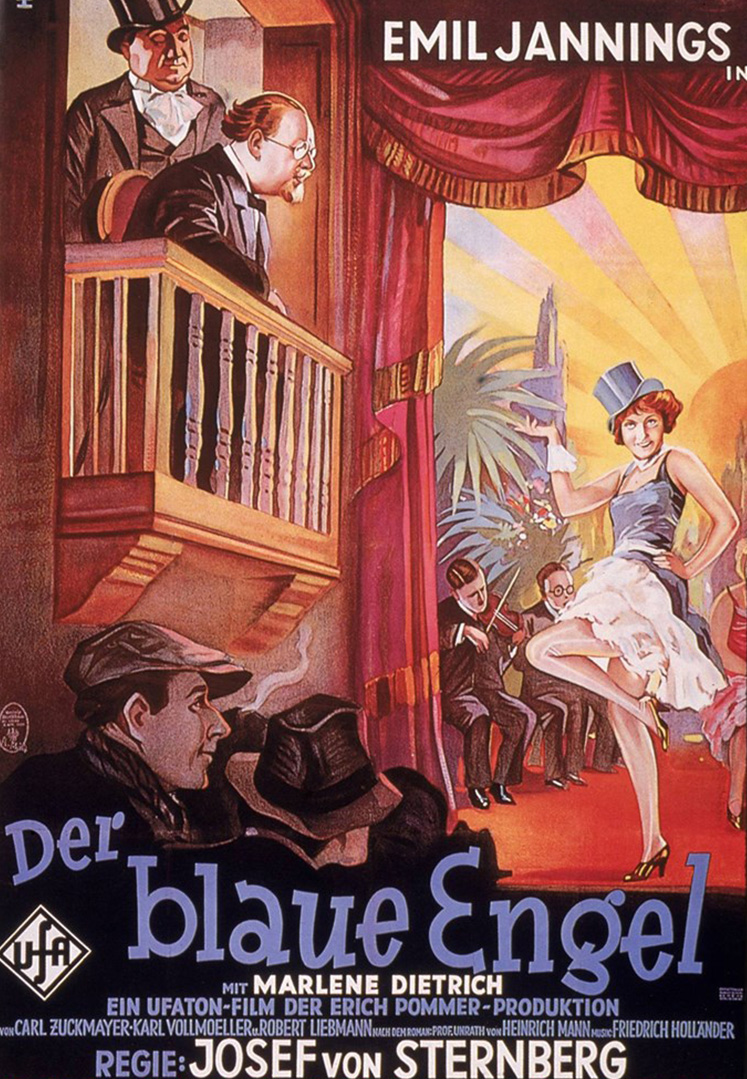
Josef von Sternberg
Born as Jonas Sternberg to a poor family in the Austro-Hungarian Empire in 1894, Josef von Sternberg emigrated to the United States during his childhood. At the age of fifteen, he left school and made a living doing odd jobs. In 1911, he began working in the film industry as a projectionist and editor at the World Film Company in New Jersey. After the First World War, which he spent as an operator in the army, he worked as an assistant for many silent film directors, before moving on to directing himself in 1925. Two years later, he made his first major success, the crime film Underworld, and then managed to make the transition from silent to talkies. In 1930, he directed his only German film, The Blue Angel, which revealed actress Marlene Dietrich, who subsequently made several films with Sternberg in Hollywood.
